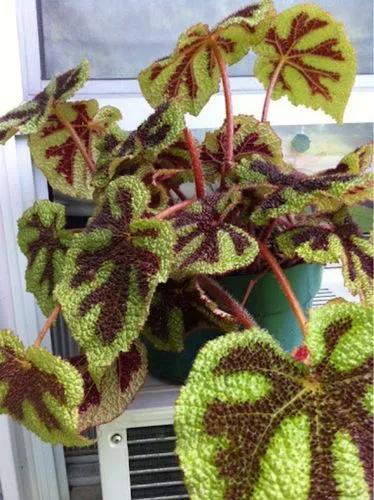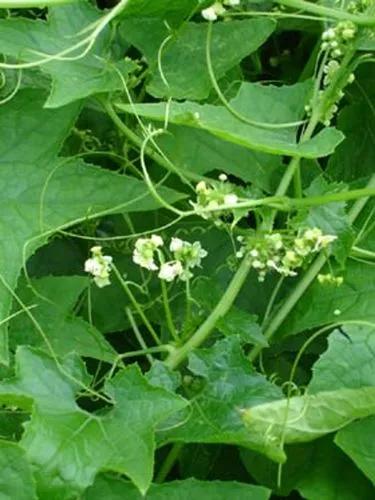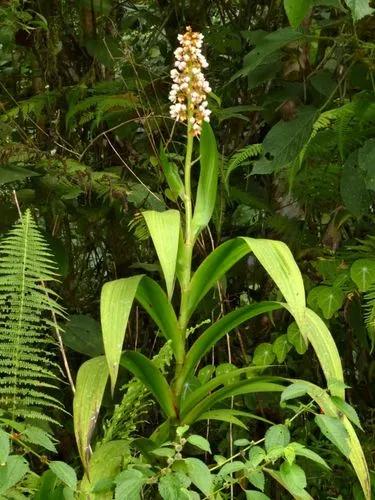Common groundsel or old-man-of-the-spring (Senecio vulgaris) is found nearly everywhere in California. It is most prolific during the cooler times of the year, but can be found year-round near the coast or in shady areas. Although common groundsel grows best in moist fertile soil, it can grow in more trying environments such as along roadsides and other disturbed sites. It is also one of the major weeds in nurseries. It is a competitive plant in landscaped areas and gardens, but it is generally not a problem in lawns. In addition to the general weediness of this plant, it also can cause chronic liver poisoning to horses, cattle, and swine, even if only a small amount is eaten over a few weeks' time.The success of common groundsel as a weed lies in its seeds. It starts developing seeds very early in its life cycle and can produce 25,000 or more seeds per plant under optimal conditions, although about 1,700 seeds per plant are more likely. These seeds are easily spread by wind. Additionally, there can be three or more generations per year. Even when the plant is pulled from the ground or cut down, seeds from open flowers can still mature and germinate. This weed was also one of the first to have populations develop resistance to some common agricultural herbicides.
Groundsel Care
Senecio Vulgaris



How to Care for the Plant

Water

It prefers dry or moist soil.

Sunlight

It cannot grow in the shade.

Soil

Suitable for: light (sandy), medium (loamy) and heavy (clay) soils, prefers well-drained soil and can grow in heavy clay and nutritionally poor soils. Suitable pH: acid, neutral and basic (alkaline) soils

Temperature

Actually, the Common Ragweed is an annual plant, which survives the winter under good conditions. Here, the herbaceous plant is tough: Leaves and inflorescences survive even severe frosts (down to -15° C) often unscathed.

Additional

All parts of the plant are poisonous to many mammals, including humans. The toxin affects the liver and has a cumulative affect. Some mammals, such as rabbits, do not seem to be harmed by the plant, and will often seek it out. Various birds also eat the leaves and seeds

Popularity

726 people already have this plant 135 people have added this plant to their wishlists
Discover more plants with the list below
Popular articles






